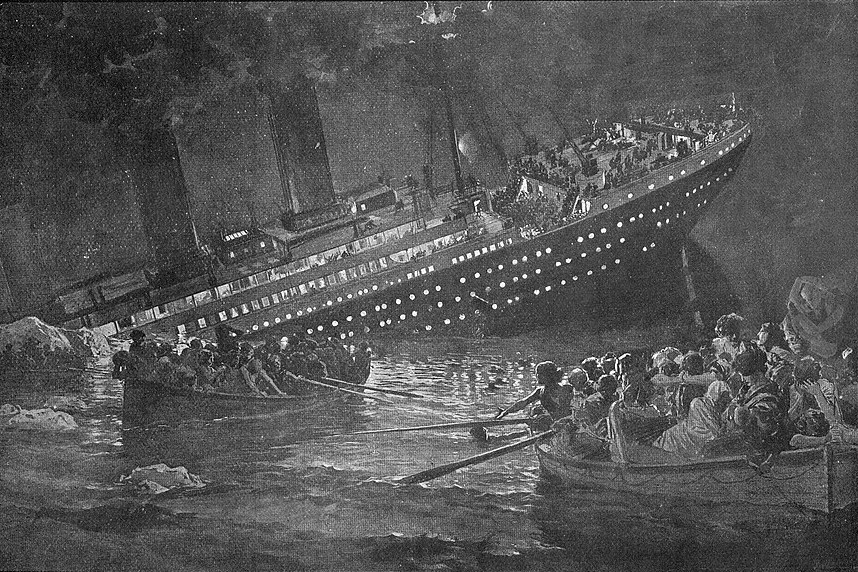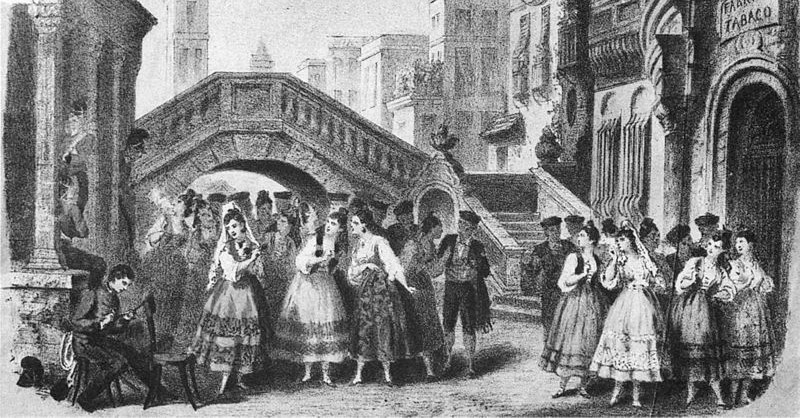David Morice posed this puzzle in the February 1989 issue of Word Ways. The following sentence is such a thicket of interrupting clauses that it’s difficult to divine its meaning. Who is accused, what’s the verdict, what are the crimes, and what’s the real name of the real criminal? “Let’s see you unChandler this one!”
Big Mike, when Susan, without whom he, whose rugged jaw, as he muttered, “Why did you, who committed, after you changed your name, though nobody –” but he paused, while he glared at her, even though Melissa thought, which seemed immaterial, for the courtroom, where the judge, before the verdict, whether Big Mike was guilty, though Melissa, since Ted no longer, however she, when Big Mike, because she blamed him, while the cops, who trusted, although they sensed, until Detective Jennings, against his better judgment, fell in love with the lady, her guilt, her innocence, held him at gunpoint, for her bank robbery, was picked up, played her cards, wanted to buy diamonds for her, murdered him with a dagger, or framed, could be decided, heard Susan’s surprise testimony, was packed with an angry mob, to the prosecuting attorney, of Ted as her real lover, in the witness stand, to catch his breath, “– seems to realize, from Melissa to Joyce, both crimes, lay your rap on me?” under his breath, was clenched bitterly, wouldn’t have been arrested, fingered him, was found guilty!
|
SelectClick for Answer |
Morice’s solution:
The center of the sentence is “against his better judgment.” That phrase lies within 26 nested clauses, each divided in two and surrounding it like successive parentheses. You can see these clauses by reading each line below straight across; reading down the first column and up the second will produce the original paragraph:
Big Mike was found guilty!
when Susan fingered him
without whom he wouldn't have been arrested
whose rugged jaw was clenched bitterly
as he muttered under his breath
"Why did you lay your rap on me?"
who committed both crimes
after you changed your name from Melissa to Joyce
though nobody --" "-- seems to realize
but he paused to catch his breath,
whi1e he g1ared at her in the witness stand
even though Melissa thought of Ted as her real lover
which seemed immaterial to the prosecuting attorney
for the courtroom was packed with an angry mob
where the judge heard Susan's surprise testimony
before the verdict could be decided
whether Big Mike was guilty or framed
though Melissa murdered him with a dagger
since Ted no longer wanted to buy diamonds for her
however she played her cards
when Big Mike was picked up
because she blamed him for her bank robbery
while the cops held him at gunpoint
who trusted her innocence
although they sensed her guilt
until Detective Jennings fell in love with the lady
against his better judgment
So the accused is Big Mike, who’s found guilty of murder and bank robbery. The real criminal is Susan, who had changed her name to Melissa and stabbed Ted to death, then changed her name to Joyce and robbed a bank. Resuming her original identity, Susan had accused her boyfriend Big Mike of the robbery, hoping to evade suspicion in the murder. Detective Jennings would have figured this out but unluckily fell in love with her, so Big Mike was convicted.
|



